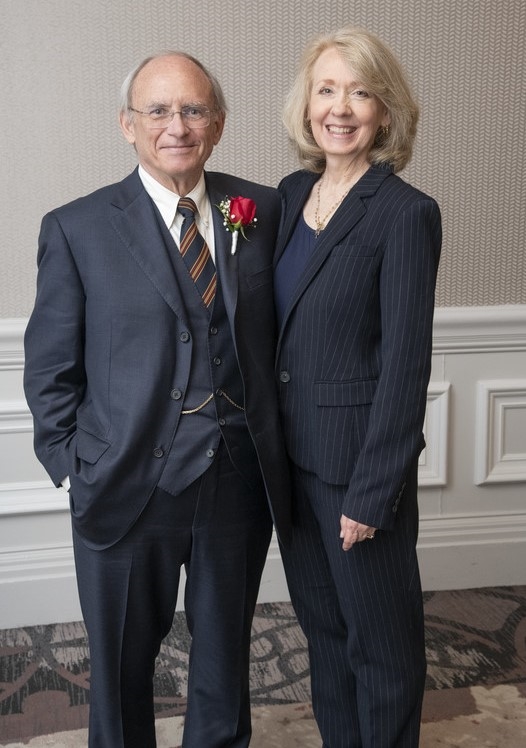Professors Ann M. and Mark R. Killenbeck recently filed a brief amici curiae ("friends of the court") with the United States Supreme Court in the two affirmative action and diversity cases now pending before the court involving Harvard College, the undergraduate college of Harvard University and the University of North Carolina. The brief does not support any of the parties, but rather takes the institutions to task for not conducting rigorous, longitudinal assessment of the actual effects of their admissions preferences. It also faults the lower courts for not insisting that such studies be undertaken.
Drawing extensively on principles set forth in Ann Killenbeck's doctoral dissertation at the University of Michigan and three articles she has published in its wake, the brief argues that such testing is required by Justice Anthony M. Kennedy's opinions for the court in two decisions that involved the University of Texas at Austin and were decided in 2013 and 2016.
If, as Justice Sandra Day O'Connor postulated in Grutter v. Bollinger (2003), the benefits of affirmative action "are not theoretical, but real," they can and should be documented. Justice Kennedy insisted on this when he asked that the parties show "how the process works in practice."
As matters currently stand, the public record does not indicate that such assessments have been conducted. Rather, Harvard College and the University of North Carolina focus exclusively on the means by which they seek to admit diverse entering classes and do not place any emphasis on discovering the actual educational outcomes that follow, either positive or negative. The brief argues accordingly that the Supreme Court should insist that appropriate assessments be undertaken.
Briefs amici curiae are voluntary supplemental sources of information that are submitted to the court for its consideration in cases pending before it. They are neither invited nor solicited, and the court is free to take them into account as part of its deliberations.
About the School of Law: The law school offers a competitive J.D. as well as an advanced LL.M. program, which are taught by nationally recognized faculty. The school offers unique opportunities for students to participate in pro bono work, externships, live client clinics, competitions, and food and agriculture initiatives. The school strives to identify, discuss, and challenge issues of race, color, ethnicity, and the impact(s) they have on students, faculty, and staff members to achieve a diverse, inclusive, and equitable community. From admitting the Six Pioneers who were the first African American students to attend law school in the South without a court order to graduating governors, senators, judges, prosecutors, and faculty who went on to become president of the United States, the law school has a rich history and culture. Follows us at @uarklaw.
Contacts
Jackie Stites , communication specialist
School of Law
479-575-2814,
